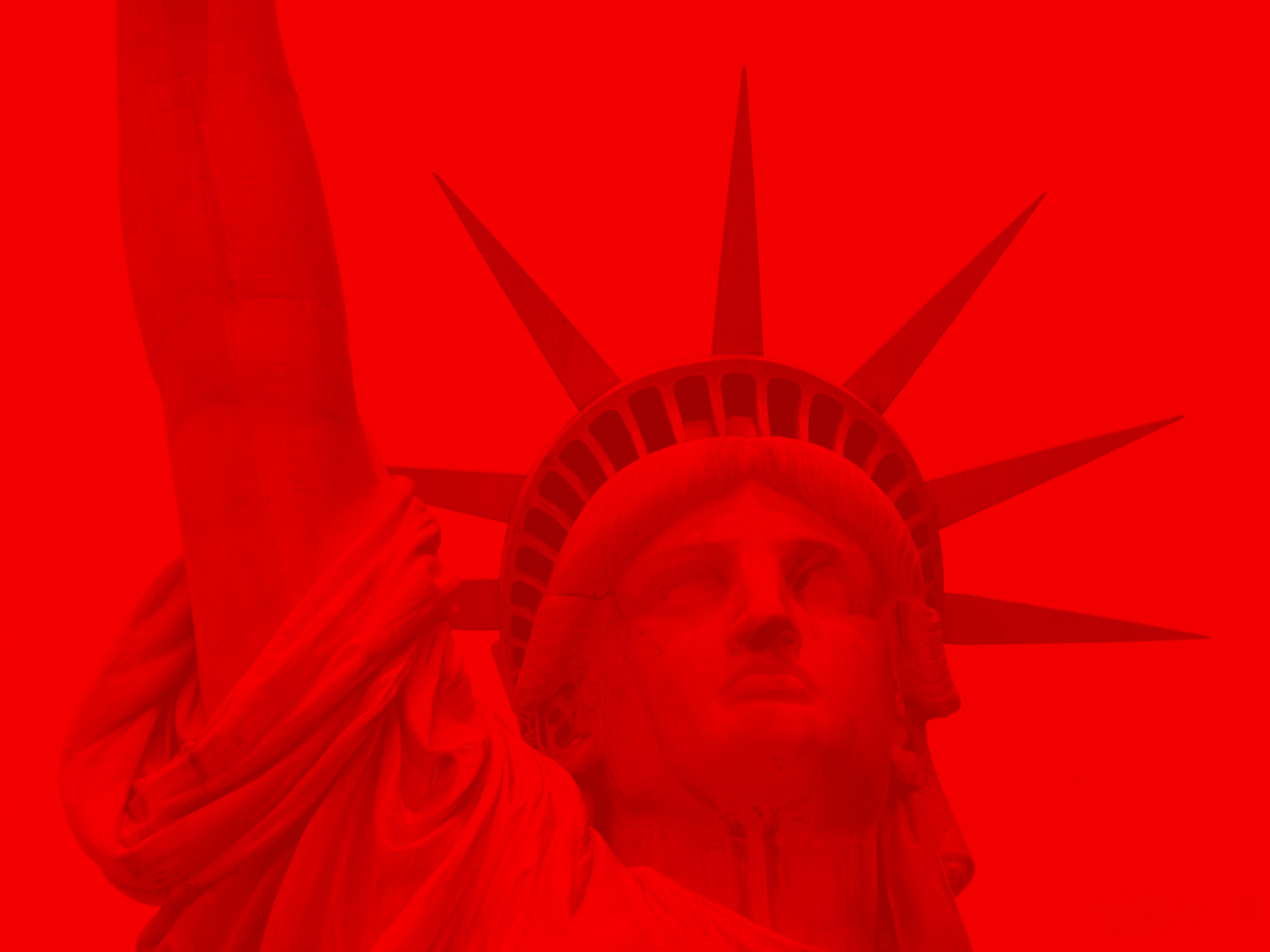At the ADL’s New York headquarters, V24’s Stefan Tompson sat down with chief Jonathan Greenblatt for a rare, candid discussion on race, antisemitism, censorship, and identity. Tompson opened with a blunt question: ‘Why is the ADL’s PR so bad?’ Greenblatt replied, ‘Maybe because we don’t focus on PR. We focus on the work.’
Since 1913, the ADL has claimed to fight defamation and promote justice - targeting threats from white supremacists, radical Islamists, and far-left anti-Zionists alike.
A Changing Threat Landscape
Greenblatt rejected claims that the Anti-Defamation League is politically partisan. “We’ve been disrupting extremist threats since the 1930s,” he said, highlighting the ADL’s long fight against Nazi sympathizers, the Ku Klux Klan, and white citizens’ councils. He stressed that most extremist murders in the U.S. over the past 25 years were committed by right-wing actors.
Since October 7, 2023, however, the threat landscape has shifted. The rise in antisemitic incidents is now fueled mainly by “radicalized neo-Marxists” and “anti-Zionist extremists.” These threats come less from militia-style “sovereign citizens” and more from campus mobs, online influencers, and protest movements described as “anti-capitalist, anti-Western, and dangerously confused.”
On political Islam and mass migration - areas where the ADL has faced criticism -Greenblatt noted that Islamist terrorism in the U.S. has caused few deaths post-9/11, but the ADL continues to monitor political Islam when it overlaps with antisemitism or hate speech. He also spoke firmly on integration challenges in European cities like Amsterdam, Brussels, and parts of Sweden and the UK, where some migrant communities “simply aren’t integrating.” Recalling a conversation with the Dutch prime minister, he described neighborhoods functioning outside broader society and said, “It’s not unreasonable for any country to want smart, sound border policies.”
Addressing cultural identity, Greenblatt acknowledged the stigma around “white pride” in the U.S. because of its ties to the KKK and white citizens’ councils. Still, he emphasized that taking pride in one’s heritage is acceptable, as long as it doesn’t infringe on others’ rights. Using Jewish cultural cohesion as an example, he said, “I have no problem with anyone taking pride in who they are, as long as it doesn’t encroach on someone else’s rights.” His key point: identity itself isn’t the problem; it’s the intent and impact that matter.
Accusations of Censorship
Greenblatt tackled the ADL’s controversial reputation for promoting online censorship and deplatforming. “We’ve been ferocious defenders of free speech for over a century,” he said firmly, but drew a key distinction: while hate speech is legally protected, it isn’t exempt from consequences on private platforms.
“Freedom of speech doesn’t mean freedom of reach,” he explained. Social media companies, like any business, set their own rules. The ADL’s mission is accountability, especially when speech incites violence or spreads disinformation.
Addressing rumors of a feud with Elon Musk, Greenblatt was clear: there’s no personal animosity. “We’ve spoken multiple times. I don’t agree with everything he says, but I respect what he’s trying to do.” He commended Musk’s visit to Israel after October 7 and praised his decision to ban the slogan “From the river to the sea” on X.
And on claims that the ADL orchestrated an advertiser boycott? “That’s just false. We didn’t call for a boycott or speak to advertisers.”
A Personal Warning
The discussion ended on a personal note. Greenblatt shared that his grandfather fled Nazi Germany and his wife escaped political persecution in Iran. “They believed those countries were the greatest in the world, until they weren’t. Everything fell apart.” He fears that if extremism is left unchecked, the U.S. could follow a similar path.
Still, he remains optimistic. “This is the greatest democracy in human history. We’ve survived civil war, world war, and economic collapse. I’m long on America,” he said, with a sober warning: “We can’t take any of it for granted.”


